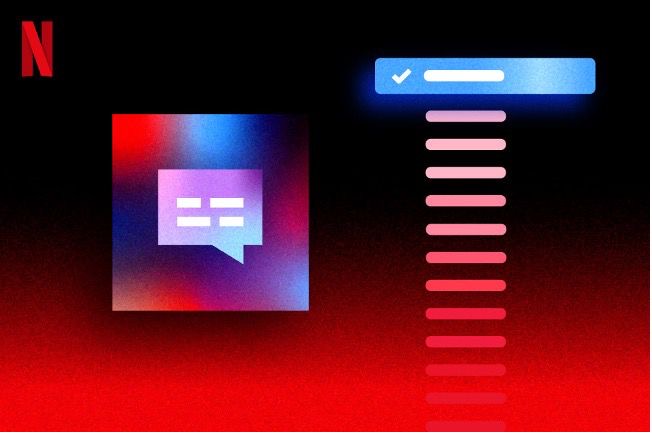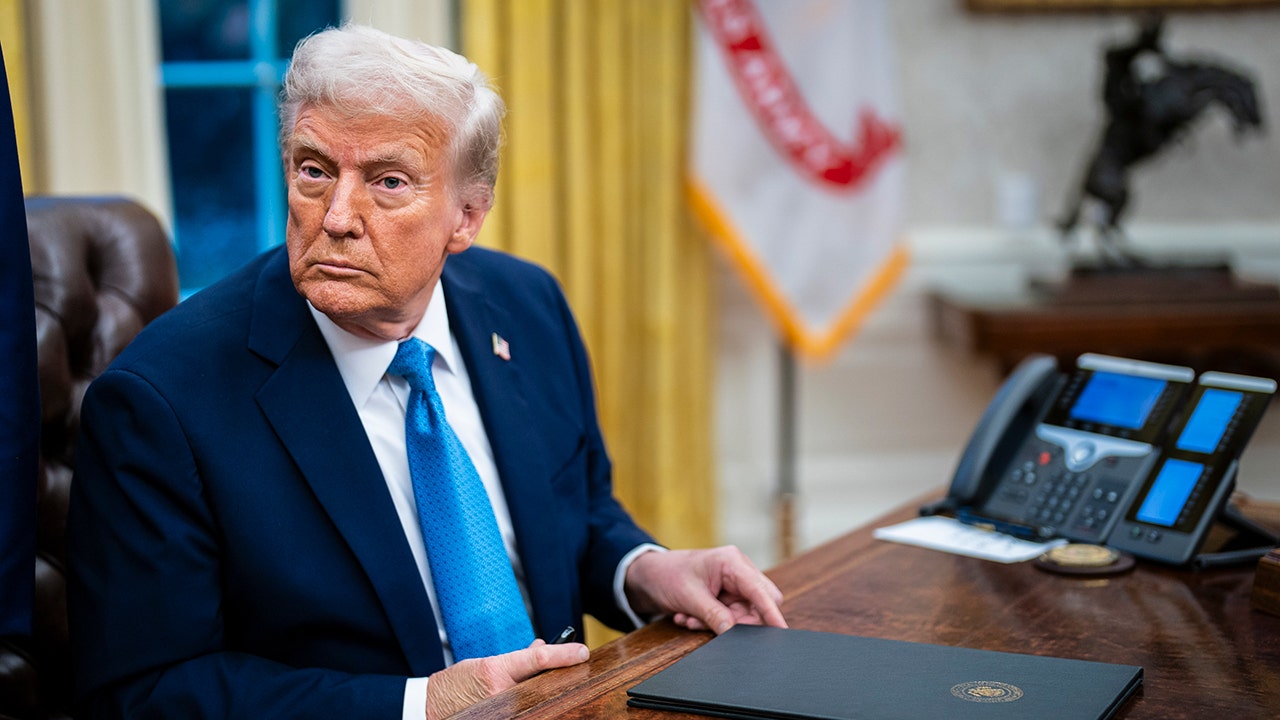A couple of days ago, Lebanese actor Nicolas Mouawad shared a story that highlighted an interesting angle of the ongoing discussions between pro-Palestinian groups and those against them.
He addressed part of the messages he received from people surprised by his solidarity with Palestine, noting that many of them chose to end their side of the conversation with “agree to disagree”, which is a concept he never understands or accepts.
That sparked an ethical debate about whether or not this is really the kind of topic that can be left at these open-ended conclusions. Can the “agree to disagree” approach be applied even when dealing with the most dire humanitarian situations that don’t stand a two-sided opinion?
In reality, the “agree to disagree” stance can sometimes be a way for individuals to avoid facing uncomfortable truths or taking action against wrongful practices. It’s a respectful way to end a conversation on a neutral note, but it doesn’t solve anything and can actually make the situation worse.
That can radiate a ridiculous feeling about how people choose this kind of defensive mechanism to protect their biased opinions instead of pursuing an understanding of the actual truth of any situation.
To sum it up, some issues will never have room for personal assumptions. It’s not the same as discussing a friends’ group opinion on the latest Marvel movie compared to the current global issues, especially with the magnitude of the ongoing genocide in Gaza.
Being unknowledgeable about a topic might be a temporary reason for sticking to your personal opinion, but choosing to drift away and turn a blind eye by using the “agree to disagree” conclusion, even with countless footage proving otherwise circulating everywhere, makes absolutely no sense.




















Discussion about this post